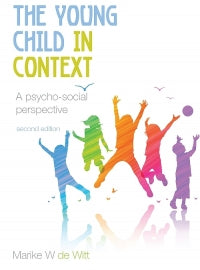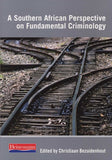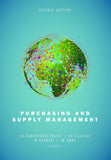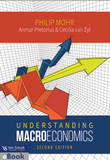
YOUNG CHILD IN CONTEXT: A PSYCHO-SOCIAL PERSPECTIVE, THE 2/E
Children are constantly changing and undergoing processes of emotional and physical development as they grow and experience their world. At each age and stage of development, children need support and assurance from adults in order to assimilate the effects of these changes. The pace of any child’s development and its outcome are determined by both genetic factors and the influence of the environment. The young child in context examines the complex yet clearly defined phases in child development and how best to encourage and assist children through the formative first nine years of their lives.
The young child in context follows two different perspectives on the development of the young child: psychological and socio-educational. Each chapter provides definitions of concepts, self-test questions and field assignments related to the topics covered.
Contents include the following:
- Influence of heredity and the environment
- Progress of language and speech development
- Acquisition of self-identity
- Value and implementation of discipline
- Children’s play and the formation of social relationships
- Family and its influence
- Effect of mass media and urban living
- Deprivation, neglect and sexual molestation
- Influence of poverty
The young child in context is aimed at researchers and subject specialists interested in early childhood.
Marike W. de Witt has 35 years’ teaching/lecturing experience. She has participated in a number of teacher training programmes over these years, involving both preschool student teachers and postgraduate students in Master’s and doctoral studies. She is an active researcher in the field of early childhood and has published numerous research articles in nationally and internationally accredited journals. Her continued involvement in schools in deep rural areas equips her with a good understanding of the African context.
We Also Recommend





